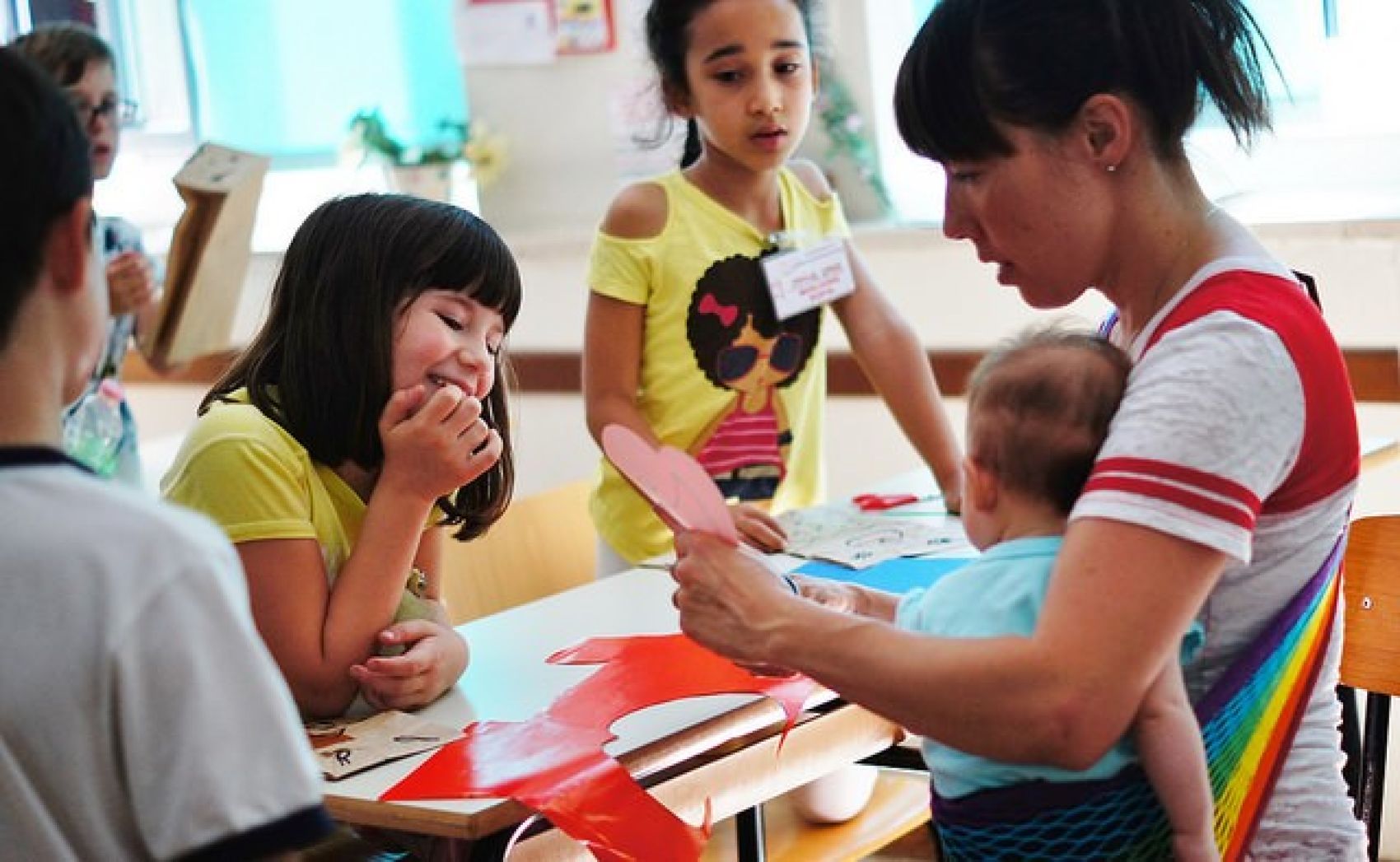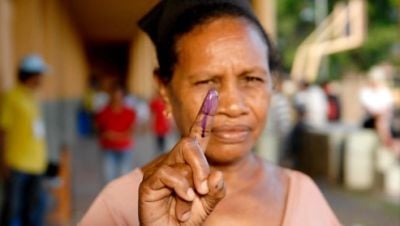All societies have people to care for and care-givers. An ability to meet care needs is critical to national well-being. Although there are different ways of organizing care activities, most of them are still undertaken by family members, mostly women and girls whose labor is usually unpaid.
In Argentina, a country which has made remarkable progress in women’s rights and gender equality, women currently devote almost twice as much time as men to care-related tasks: 6.4 hours a day compared to 3.4 hours. (INDEC 2013).
The economic dimension of care-work has become more visible in Latin America, as well as the subsidy that care represents to society. Studies undertaken in Colombia and Mexico, for example, indicate that the economic value of care activities accounts for approximately 20% of GNP (DANE, INEGI)
The Latin America region is now facing a mounting “care crisis” (ECLAC, 2009) because the number of people requiring care is increasing as the number of people available as unpaid care-givers is diminished, caused by: greater life expectancy, a lower fertility rate and the mass entry of women and girls into the labour market and educational systems. Furthermore, in Latin America the ‘demographic bonus’ – when the working population is larger than that of elderly people and children - is coming to an end in a few years’ time (in Argentina, in 2040), while the dependency rate will start growing and the number of children and elderly people will increase significantly with respect to the Economically Active Population.
Policy Challenges
Public policies on care-related matters can be classified into measures that ensure that time, money and services are available to provide care (Pautassi, 2007; Provoste Fernandez, 2012). This can translate into leave or time off to care for dependent people within households, cash transfers to help care for family members, and public services targeted to provide care.
In Latin America there are already many important policies and programs upon which it is feasible to build and innovate to better meet care needs. They include: maternity and paternity leave systems within the framework of formal employment, family allowance and conditional cash transfer programs, the pension system, and more broadly, programs to universalize basic social services.
These programs have typically arisen from agendas other than those of care-giving, or from a non-gendered approach, which has resulted in less comprehensive policy packages, and several impending challenges. For instance, cash transfers have significantly increased expectations for women to care, in relation to those of men, an issue which still needs to be addressed by most existing programs.
Also, although schools fulfill several important care functions, there are widespread disparities regarding the care of children under the age of four - for whom public services are not yet universal - the elderly and the disabled. This has a disproportionately negative impact on lower income families who cannot purchase care in the market (kindergartens, homes for the elderly, special institutions), or hire domestic help.
Both Uruguay and Costa Rica have started to address this issue by expanding or creating services for children from low income households under 4 years old. In Mexico the government now subsidizes child care centers aiming to significantly increase women’s labor force participation, focusing on children whose mothers work in jobs not covered by the Mexican social security system.
The absence of a more integrated care system has a negative impact on the equality of rights between men and women, on women’s representation in the labor market, and on the possibility for lower-income households – many led by women-- to exit poverty. With these concerns in mind, and with a view to discussing and promoting the adoption of better or more integrated care policies in Argentina, UNDP, UNICEF and ILO, in partnership with think-tank CIPPEC (Center of Implementation of Public Policies for Equity and Growth) have carried out a series of policy dialogues on care (Los Diálogos del Cuidado) with broad and active participation of experts, decision-makers, legislators, and human rights organizations, both national and international. The broad media coverage on the Diálogos reflects a growing concern among the Argentinian public and policy makers on this matter.
This series of meetings has addressed the gender dimension of care policies, subnational experiences of care policies, and care policies for the elderly, among other topics. The experience of lead countries in this field in our region such as Uruguay has been examined at length.
The Diálogos del Cuidado have been fruitful. For example, in June 2015, Argentine national legislator María del Carmen Bianchi presented a bill for establishing a National Policy for Early Childhood Care. The bill’s introduction states that during its elaboration “study, analysis and consideration were given to the meetings held within the framework of CIPPEC, UNICEF, ILO, and UNDP Care Policy Dialogue Fora in Argentina”.
The UN group will continue its work in this area. We welcome experiences and reflections on care-work and how care policies could help achieve gender equality.
References:
ECLAC (2009). Panorama Social de América Latina, Santiago de Chile.
ECLAC (2015). Pactos para la igualdad, hacia un futuro sostenible, Santiago de Chile.
Esping Andersen, G. (2000). Fundamentos sociales de las Economías Postindustriales. Editorial Ariel, Barcelona.
INDEC (2013). Módulo especial sobre uso del tiempo de la Encuesta Permanente de Hogares. Buenos Aires, Argentina.
Pautassi (2007). El cuidado como cuestión social desde un enfoque de derechos. Serie Mujer y Desarrollo No. 87.
Provoste Fernández (2012). Protección social y redistribución del cuidado en América Latina y el Caribe: el ancho de las políticas. Serie Mujer y Desarrollo No. 20.
Image: Maria Grazia Montagnari under Creative Commons
The HDialogue blog is a platform for debate and discussion. Posts reflect the views of respective authors in their individual capacities and not the views of UNDP/HDRO.


